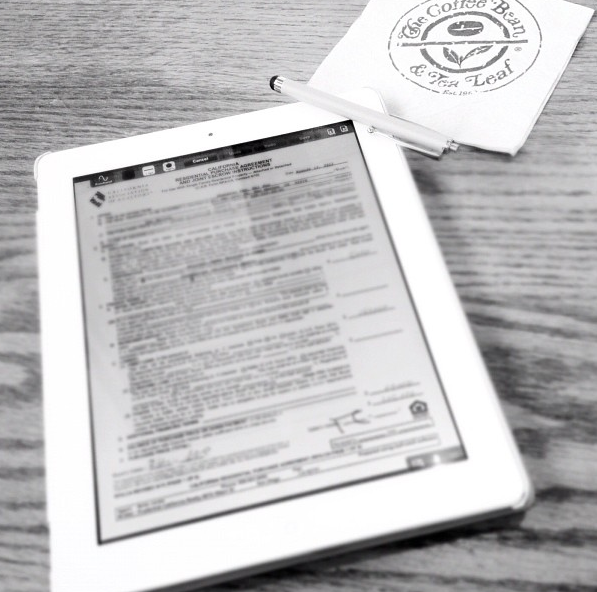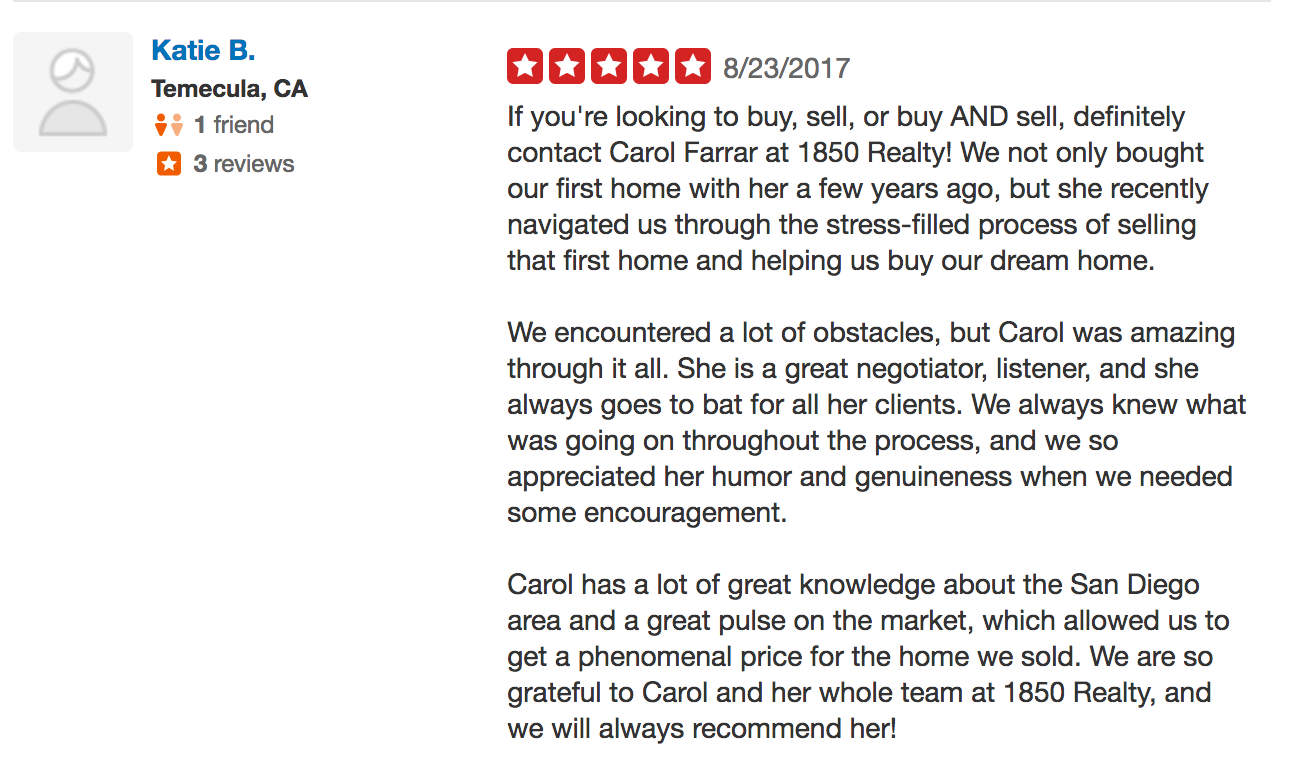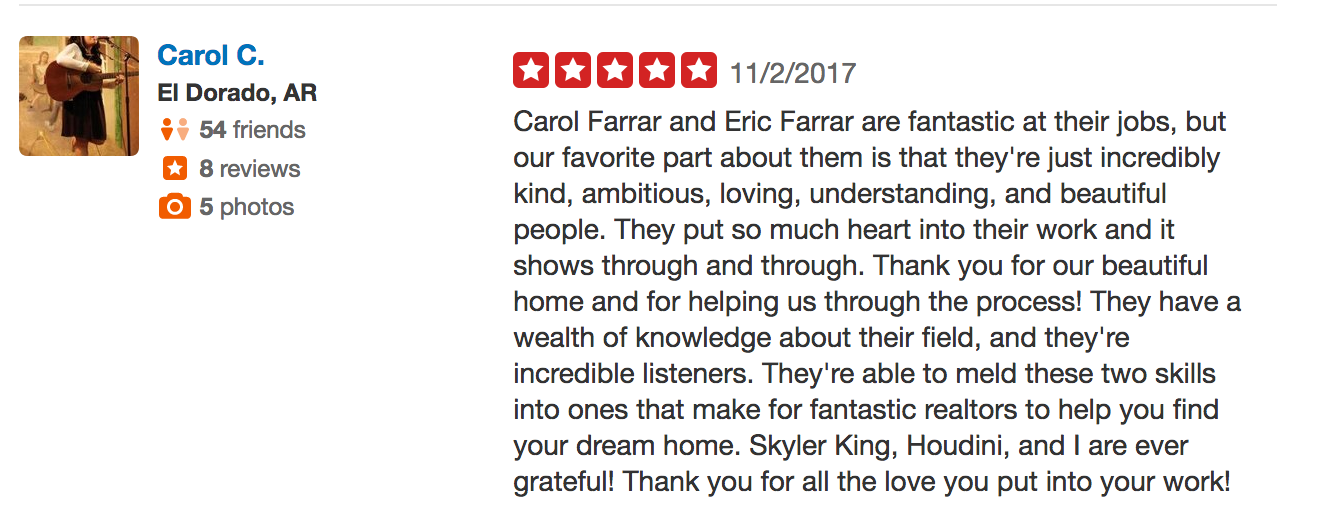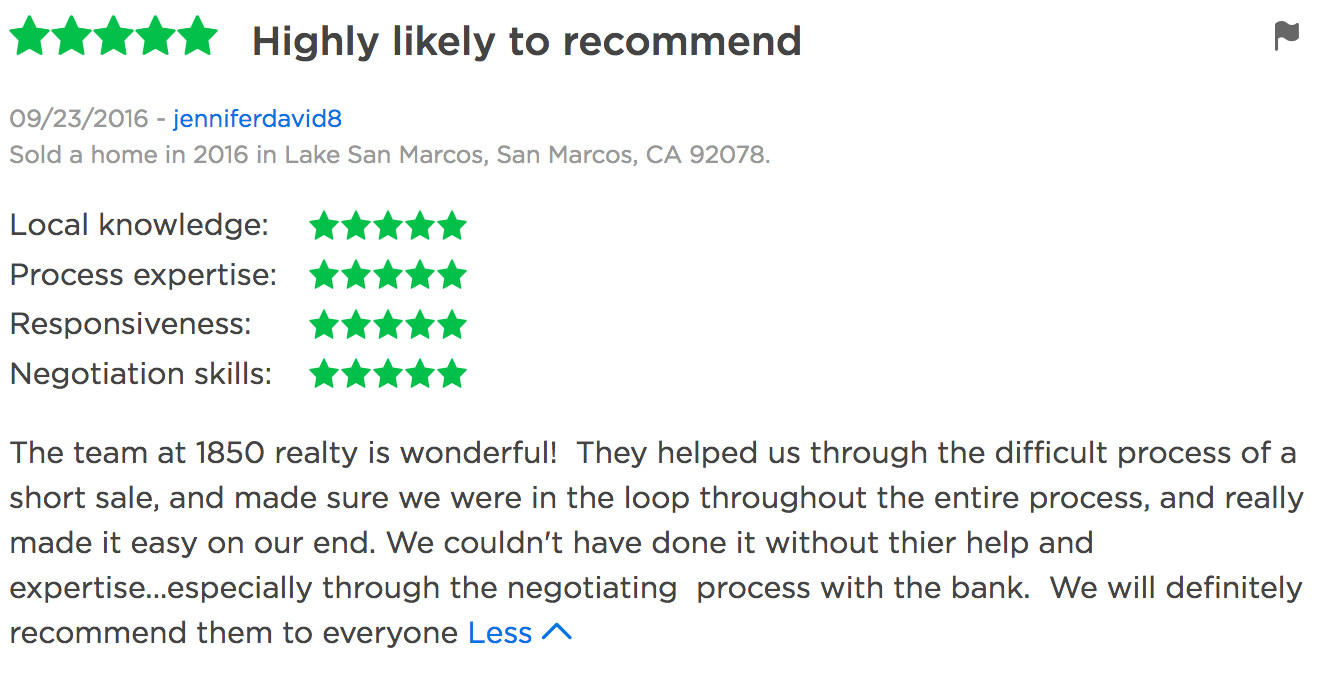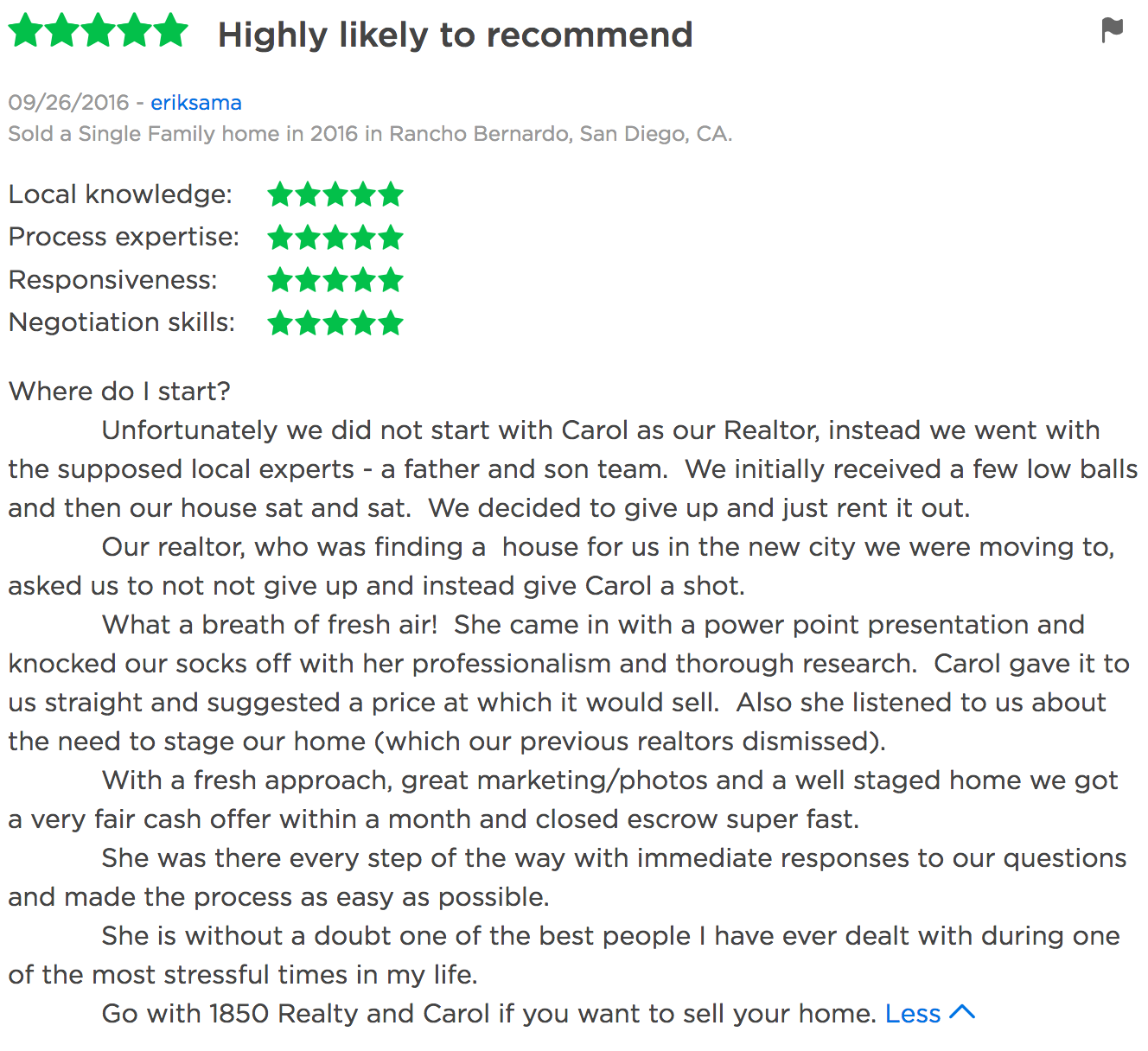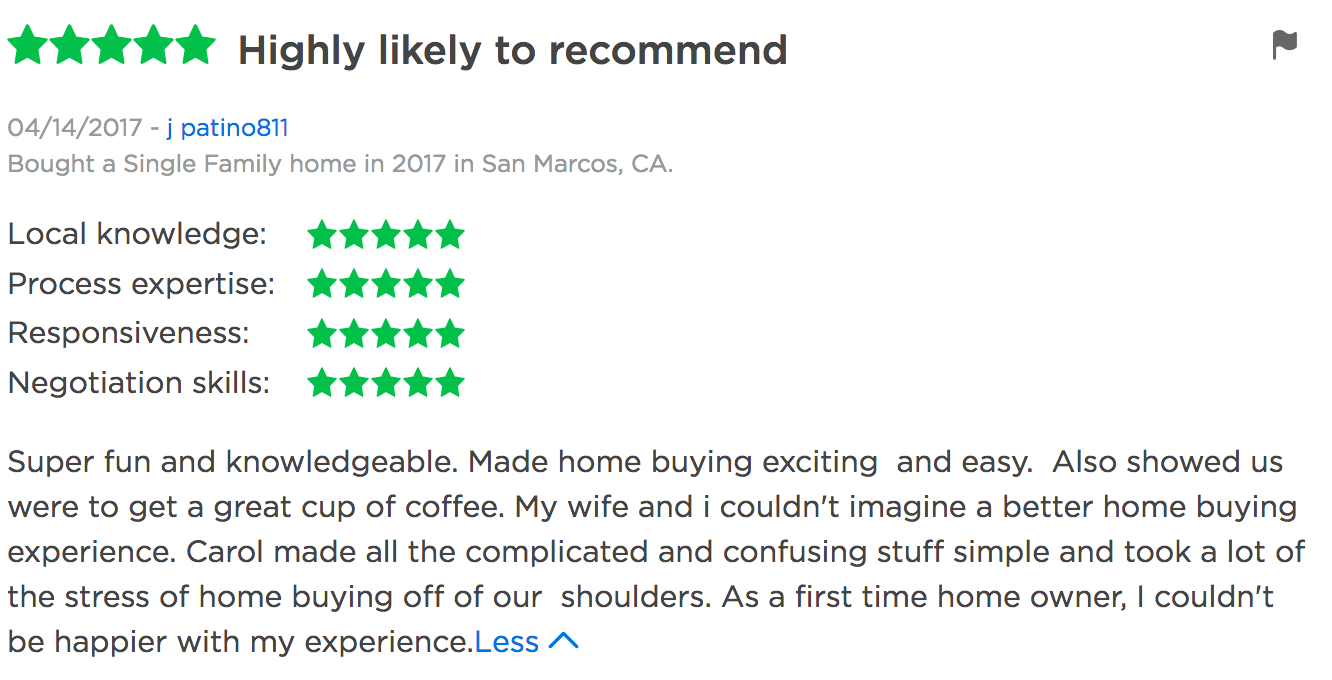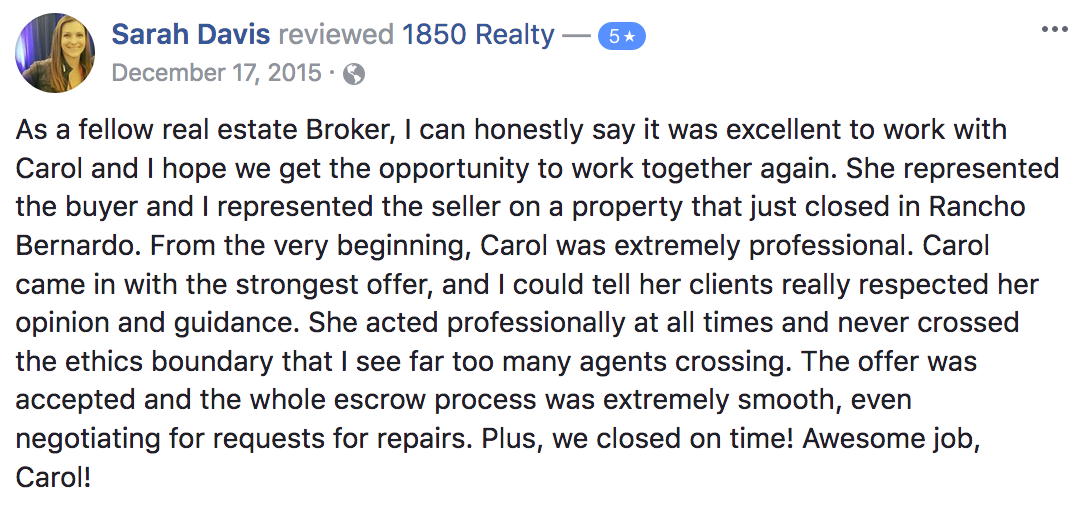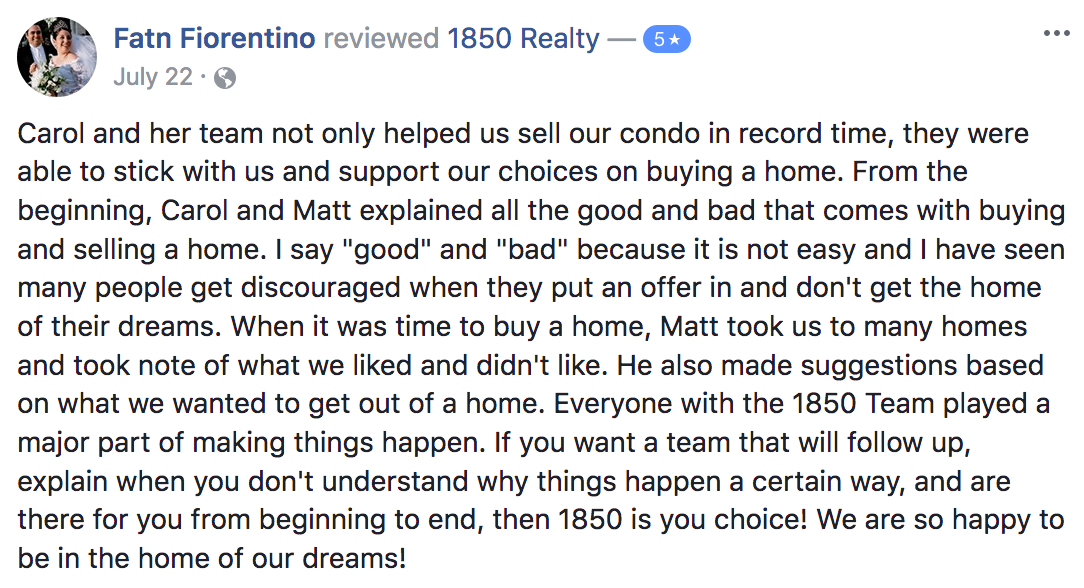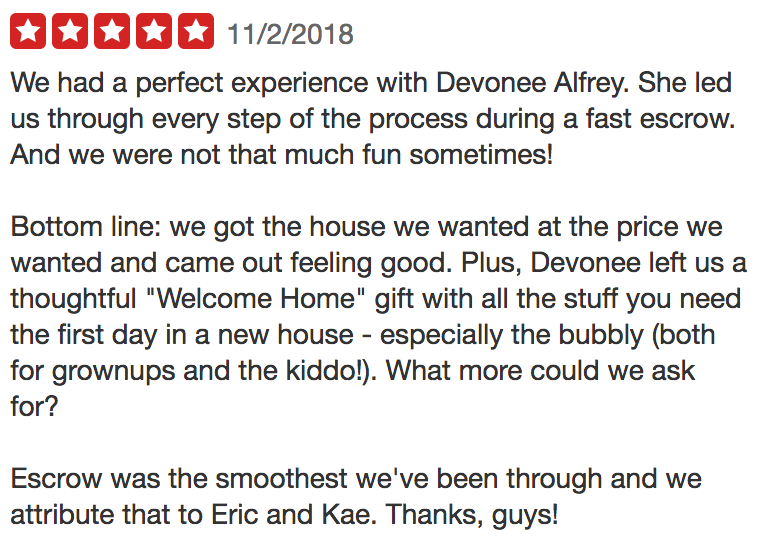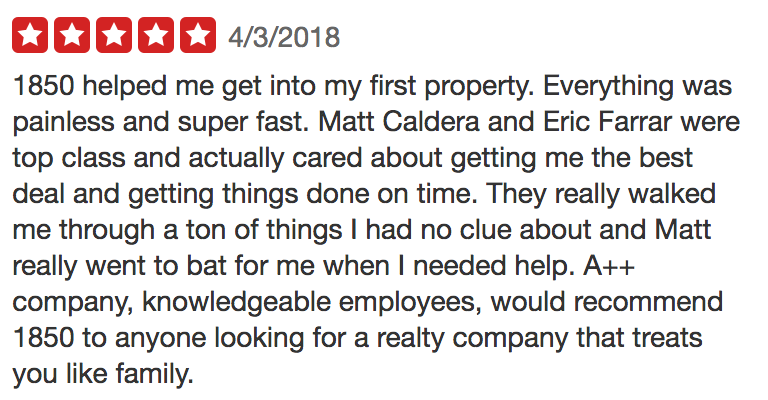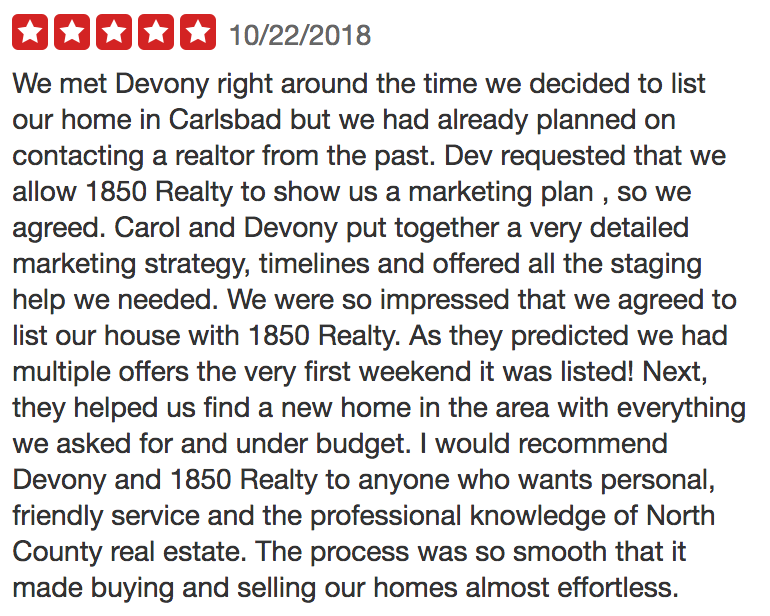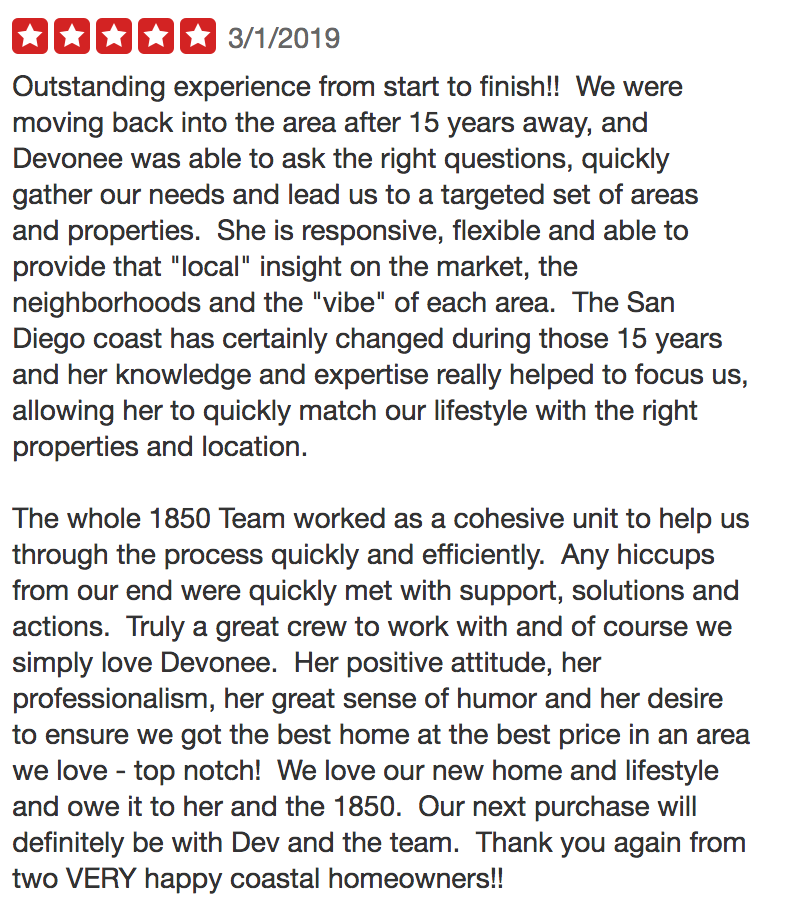The Offer:
You have found the one, time to put together an offer! As members of the California Association of Realtors, we use CAR forms exclusively during real estate transactions. There are a number of benefits, primarily being that CAR updates their form library to keep up with current state law. Advantage is that the contracts have been built and extensively reviewed by a team of attorneys. This keeps the contract from being misinterpreted or questioned. The Residential Purchase Agreement (RPA) is the form you will be seeing during this phase.
The primary parts of the RPA related to your offer are purchase price, earnest money deposit, down payment, type of financing and date to close escrow/take possession. Secondarily will be asking that the seller for a number of disclosures and reports. Fixtures like appliances or any personal property can be added to the RPA as well. It’s important to ask for what you want on the front end as negotiations of personal property, concessions or repairs during the transaction aren’t a guarantee. Beginning with a strategy in place with a variety of options will help mitigate any unexpected issues once you’re under contract.
Let’s break down the basic terms of an offer:
1. Purchase price. The total you are offering to pay for the home. This will likely vary from your loan amount.
2. Earnest money deposit. The amount of money you will put forth to secure the home during the contingency period. Sellers like to see at least 1% of the purchase price, but it can vary depending on the circumstances.
3. Down payment. The amount you will be giving to the bank to secure your financing. Sellers like to see a strong position here, to show that you are serious about your financing and purchasing their property.
4. Type of financing. Conventional, FHA, VA or private money. This needs to be disclosed to the seller.
5. Close of escrow. Majority of the time, close of escrow and possession happen on the same date.
6. Reports. Termite inspection, Seller Property Questionnaire, Transfer Disclosure Statement, Natural Hazard Disclose, Local Hazard Disclosure are standard disclosures & reports you should request.
7. Fixtures. Want the refrigerator, stove, or any other appliances or fixtures? Everything is negotiable!
8. Contingencies. Loan, appraisal, and inspection timelines are clarified if necessary.
9. Addendums. Do you have a home to sell first? Is this a short sale? Anything that needs explanation or further clarification should be written in the form of an addendum.
10. Signatures. Initials and signatures to execute your half of the document. We strive to streamline the mountains of paperwork by applying technology to our processes at 1850 Realty. Sign documents from any device or any location.
After all of these steps are taken, it’s time to present the offer. As simple as this might sound, first impressions are everything. It’s crucial to present your offer in the best light. Having a strategy for this delivery process is key.
We at 1850 Realty are happy to share information about the home buying process. Transactions can vary individually, and we are here to help you with your real estate needs. To discuss in more detail, don’t hesitate to contact us:
Call/Text (760) 814-1850 or email info@1850realty.com
Next article in this series: Earnest Money Deposit


